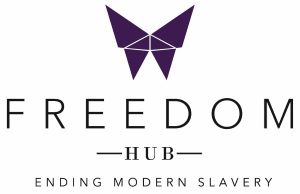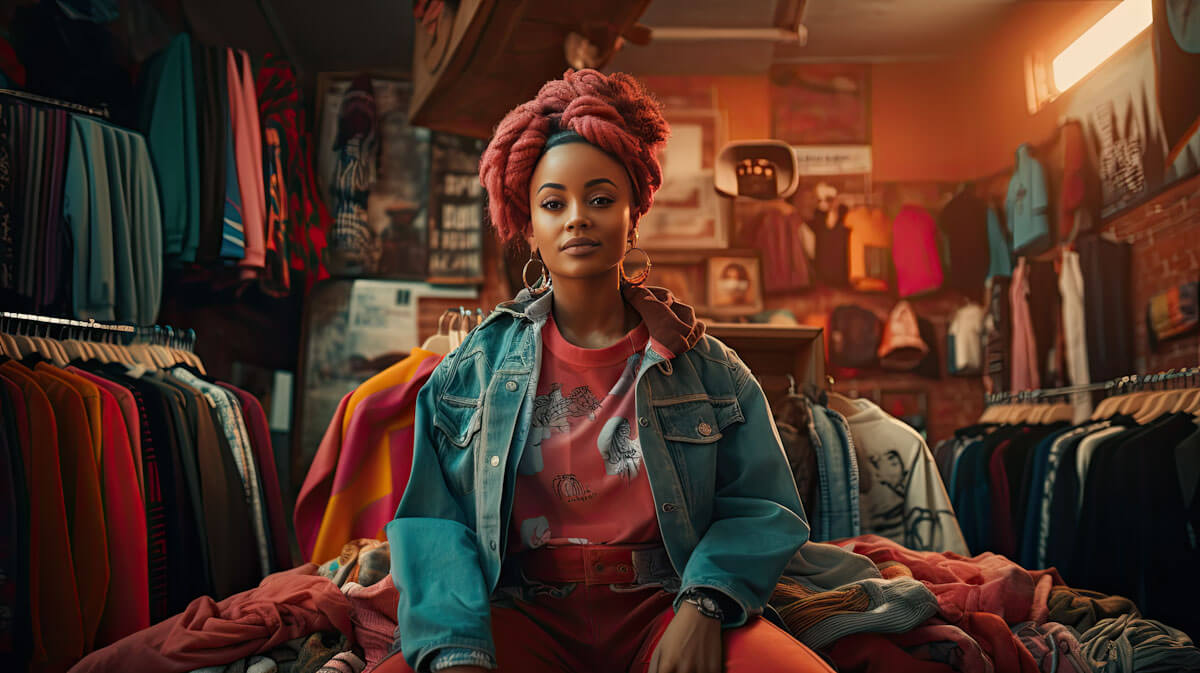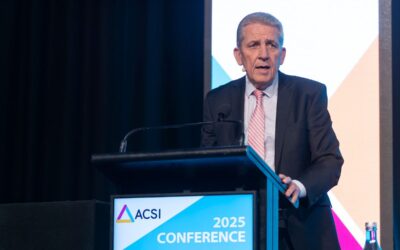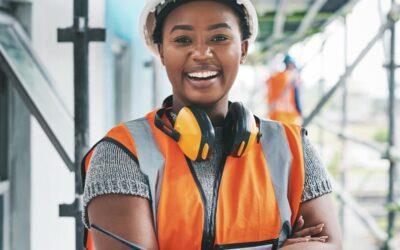Awareness of the prevalence of fast fashion in our shops and stores is increasing, but is that awareness lending itself to actual change? While there are many articles written by our volunteers and staff on fast fashion and modern-day slavery within the fashion industry, I wonder what the impact of those articles has been over the last three years.
Today is day 13 of our 16 Days of Freedom campaign. We’re also a week into December 2023. With the holidays just around the corner, it’s important to look at our relationship with the fashion industry as everyday consumers and give ourselves a little reality check.
A recent study
A recent McCrindle survey of 1000 Australians found that while 80% of Australians are increasingly aware of the existence of modern slavery, only 55% knew it existed in Australia. An increasing number of Australians are aware of the impact of their spending and consumption habits; however, many Australian consumers need to make more ethical choices.
In 2021, 87% of Australians sought to change their spending and consumer habits; however, that number has dropped to 70% as of this year.
Optimistically, I want to believe that Australian consumers are holding back because of the current cost of living and increasing rent and petrol costs, not because they don’t care about modern slavery. I also agree with a recent article released by Eternity News. There is confusion about which brands are progressing in this area and which brands use marketing to their advantage.
The pandemic significantly affected people’s capacity to care about humanitarian issues that may not directly affect them. Unfortunately, slavery, in any of its forms, is still believed to be an “out there” issue. Australians don’t believe it’s happening in their cities. They don’t believe it’s happening in businesses or houses in their neighbourhoods. But it is. It isn’t in the past and isn’t just an issue in other countries.
Moving forward into 2024
I believe we can move our desire to do better into tangible action, especially in the fashion industry, and the holiday season and 2024 is the perfect time to start.
First, as consumers, we must encourage brands to be more transparent and honest about their ethical and sustainability goals. A great website, Baptist World Aid, releases a report annually called the Ethical Fashion Guide. This report lets consumers know which brands are protecting workers and the environment and ranks them using a score out of 100.
Various factors are considered in the final score and ranking, such as:
- Trace Raw Materials
- Paying a Living Wage
- Listening to Workers
- Remediate Exploitation
- Using Sustainable Fibres
- Climate Commitment
Using this guide will be essential to how I shop in 2024. No one’s spending habits will be perfect, and that’s not what we expect from Australian consumers. However, we all need to be doing something, whether writing or speaking out to our favourite brands that aren’t ranked high in the Ethical Fashion Guide or whether that looks like being more picky about where to spend our money.
We can all do something this holiday season.
Join Our Team
Help raise awareness and join our local volunteer team; contact us here.
Or, if you’d like to opt into our monthly newsletter, opt in here.
If you would like to support our work, you can donate here.
You can join our High Tea for Human Rights in Waterloo, Sydney, by clicking HERE.
You can Host your own High Tea by emailing [email protected], and we will send you information and a fact sheet to read or distribute to your guests.
THANK YOU FOR TAKING THE TIME TO READ OUR BLOG (Please review it or share it with others




